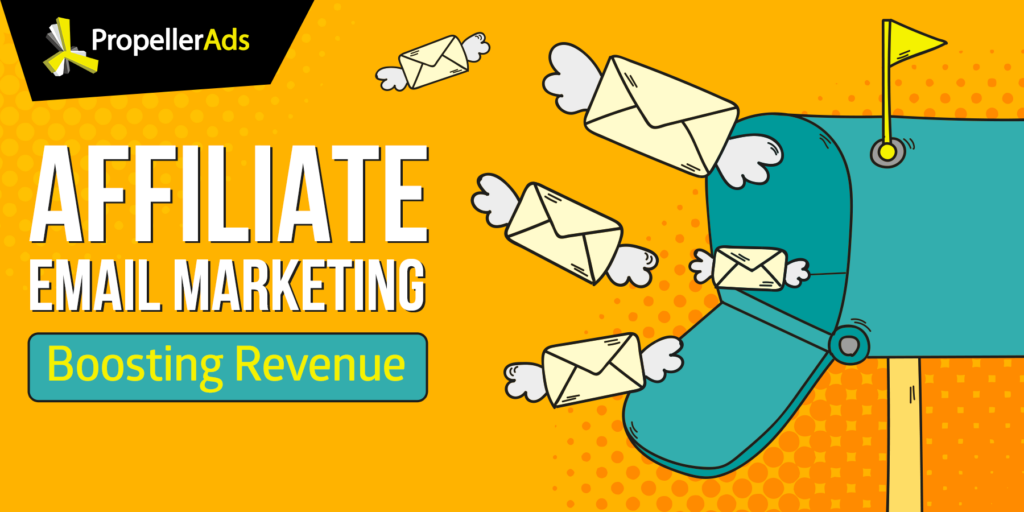Email marketing remains one of the most effective digital marketing strategies, providing a direct line to potential and existing customers. For businesses looking to maintain engagement, drive conversions, and build lasting relationships, understanding what is email marketing is crucial. Essentially, email marketing involves sending targeted emails to a list of subscribers to promote products, share news, or provide valuable content.
One of the primary benefits of email marketing is its cost-effectiveness. Compared to traditional marketing methods, email marketing offers a high return on investment (ROI). Businesses can reach a large audience with minimal expenditure, making it an ideal strategy for companies of all sizes. Additionally, email marketing allows for precise targeting. By segmenting email lists based on demographics, purchase history, or engagement levels, marketers can send personalized messages that resonate with specific groups.
The success of an email marketing campaign hinges on several key factors, starting with building a quality email list. An effective list is composed of individuals who have opted in to receive communications, ensuring that recipients are genuinely interested in what you have to offer. Methods for growing an email list include offering incentives like discounts, free e-books, or exclusive content in exchange for email addresses. Prominent sign-up forms on websites and social media channels can also help attract subscribers.
Creating engaging and relevant content is at the heart of what is email marketing. The content of your emails should provide value to the recipients, whether through informative articles, special offers, or product recommendations. Crafting compelling subject lines is critical, as they are the first thing recipients see and determine whether the email will be opened. Personalized subject lines and content that speak directly to the recipient's interests and needs can significantly increase open and click-through rates.
Design also plays a crucial role in email marketing. Emails should be visually appealing and easy to read on any device, as a significant portion of email users access their inboxes via mobile devices. Responsive design ensures that your emails look great and function well on both desktops and smartphones. Including clear calls-to-action (CTAs) is essential to guide recipients towards desired actions, such as making a purchase, signing up for an event, or downloading a resource.
Automation is a powerful feature in email marketing, enabling businesses to send timely and relevant emails based on specific triggers. For example, welcome emails can be automatically sent to new subscribers, while abandoned cart emails can remind customers of products they left behind. Drip campaigns, which are a series of automated emails sent over a period of time, can nurture leads and keep your audience engaged without requiring constant manual effort.
Measuring and analyzing the performance of email marketing campaigns is vital for continuous improvement. Key metrics to monitor include open rates, click-through rates, conversion rates, and unsubscribe rates. Tools like Google Analytics and email marketing platforms provide detailed insights into how recipients interact with your emails. Analyzing this data helps identify what’s working and what needs adjustment, allowing for data-driven decisions that enhance future campaigns.
Compliance with regulations such as the General Data Protection Regulation (GDPR) and the CAN-SPAM Act is another important aspect of email marketing. These regulations require marketers to obtain explicit consent from recipients and provide easy ways to opt out of email communications. Adhering to these laws not only avoids legal issues but also builds trust with your audience.
In conclusion, email marketing is a versatile and powerful tool for reaching and engaging with customers. By understanding what is email marketing, businesses can leverage this strategy to deliver personalized content, build relationships, and drive sales. With careful planning, quality content, and the use of automation and analytics, email marketing can yield impressive results and become a cornerstone of a successful digital marketing strategy.
